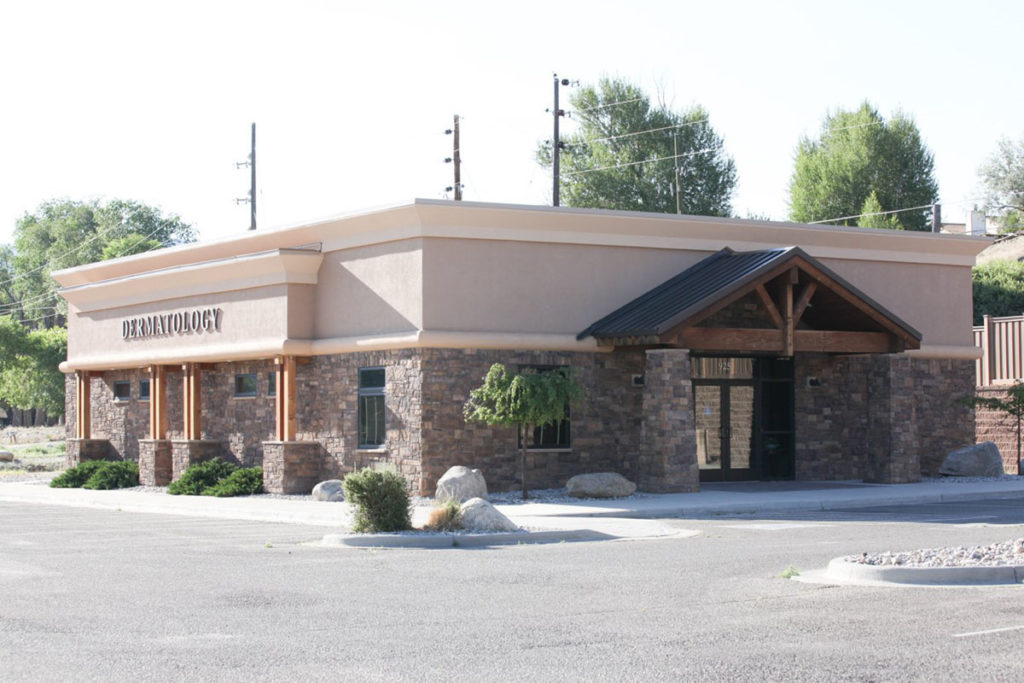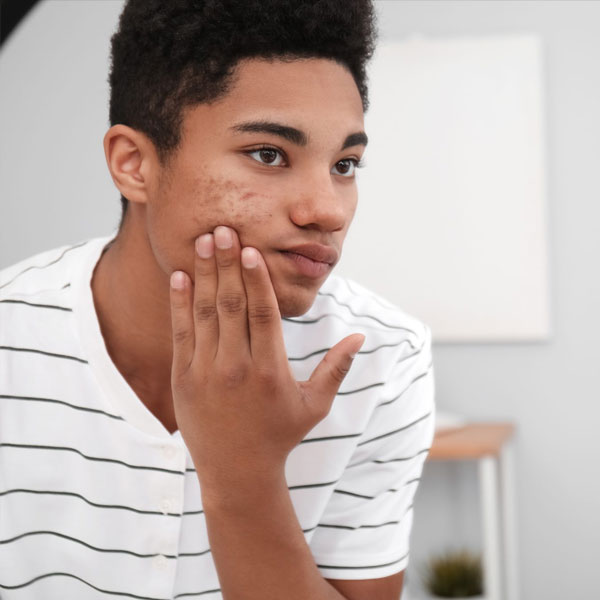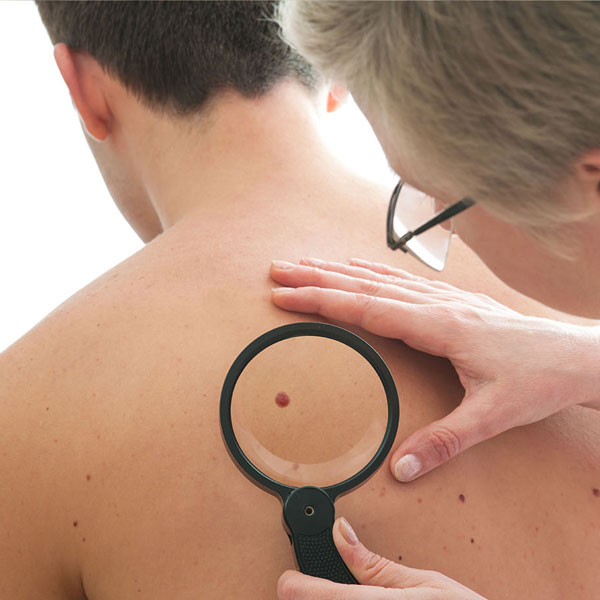Epiphany Dermatology of Salida, CO (formerly Central Colorado Dermatology)
Meet Your Providers (some providers may service multiple locations)
-

Anthony Timko, MD, FAAD, MDS
Double board-certified in dermatology and Mohs micrographic surgery
Specializes in the prevention, detection, and treatment of skin cancer, as well as diagnosing and treating all conditions of the skin, hair, and nails.
Involved in the research of dermatological use of multiple laser devices, including vascular lasers, CO2 lasers, and hair removal lasers to name a few.
-

Jeanie Chung, MD, PhD, MDS, FAAD
Double board-certified in dermatology and Mohs micrographic surgery
Specializes is cosmetic, medical, surgical, Mohs micrographic surgery, and pediatric dermatology
Numerous articles published in professional journals, and she has appeared on local news stations providing advice on a variety of skin conditions
Epiphany Dermatology of Salida (formerly Central Colorado Dermatology) is committed to offering the highest standard of dermatologic care, working collaboratively with our patients to personalize their treatments, yielding the best possible outcomes.
Our providers offer a wide range of dermatology services, including skin cancer treatment and diagnosis, Mohs micrographic surgery, and treatment for hair loss and psoriasis.
Epiphany Dermatology of Salida is located off Interstate 291 and Rush Drive in a beautiful, stand-alone clinic with free and convenient onsite parking. We are close to the nearby Sands Lake State Wildlife Area and the Arkansas River.
Featured Services
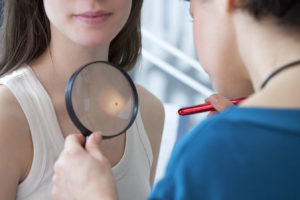
Skin Care Screenings
Skin cancer doesn’t discriminate. Anyone can get skin cancer, whether young or old, fair or dark, and it’s the most common type of cancer in the United States. Most people should have a professional skin examination once a year.
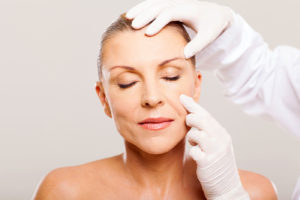
Mohs Surgery (On-Site Skin Cancer Removal)
Mohs surgery spares the most amount of normal tissue and has the highest cure rates for many non-melanoma and melanoma skin cancers. It’s the gold standard of care in non-melanoma skin cancers and is commonly used in the treatment of some melanomas.
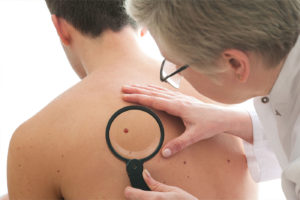
Biopsies
A biopsy is the removal of a piece of skin to help render a diagnosis of skin cancers or inflammatory conditions. Dermatologists biopsy an area to confirm a diagnosis that cannot be rendered with the eyes alone. We need a microscope to be certain.
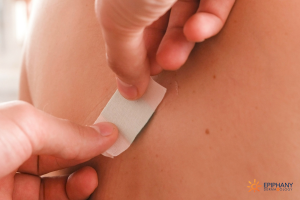
Excisions
Skin excision is a surgery where we cut out damaged skin tissue. It is a full-thickness removal — meaning we remove all layers of the tissue (epidermis, dermis, and into the subcutaneous fat layer). We then suture it back together with stitches for optimal healing.

Rashes
A rash is an abnormal change in your skin’s texture or color, usually characterized by a red, scaly irritation on your skin. Because of the sheer number of rashes and their subtle differences, specialized training is required to properly diagnose and treat rashes.
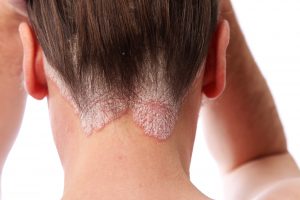
Psoriasis
Psoriasis is an inflammation in the skin driven by the body’s own immune system. The inflammation in the skin causes red, itchy, and scaly lesions mainly around elbows, knees and scalp. While not contagious, it’s important to seek the help of a dermatologist.

Hair Loss (Alopecia)
The cause of male pattern hair loss can typically be summed up in one word – genetics. If you’d like to learn more, we can educate you about the treatment options and possible side effects to help you determine the best course of action.

Fungal Infections
Epiphany Dermatology treats fungal infections of the skin, as well as fungal infections in hair and nails. Often, these infections appear as itchy, scaley, rashes on the skin. We can typically diagnose fungal infections immediately by their characteristic appearance.
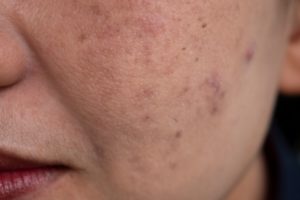
Melasma (Hyperpigmentation)
Melasma is a skin condition that creates brown patches of skin in areas that get significant sun exposure. Our skilled team members work hard restoring your skin and helping you achieve a smooth, even complexion.

Dry Skin
Dry skin is a very common, benign condition of the skin. Occasionally dry skin can progress to inflammation of the skin (dermatitis). In this case, you may want to visit your dermatologist to discuss treatments that can help improve your symptoms.
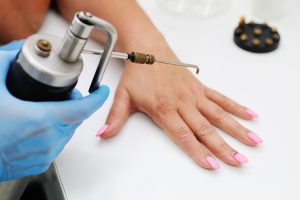
Warts
Warts are non-cancerous skin growths that appear when a virus infects the top layer of skin. Although they aren’t dangerous, they are contagious. As with any noticeable change in your skin, it’s best to consult our team, so we can provide treatment options.
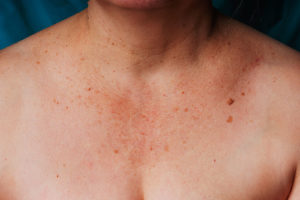
Sun Spots
Sun spots are light brown to tan spots that appear on the skin and are usually from sun exposure. The most common body areas affected are the face, shoulders, arms, and hands. They are usually benign, however, skin cancer can develop a lesion.

